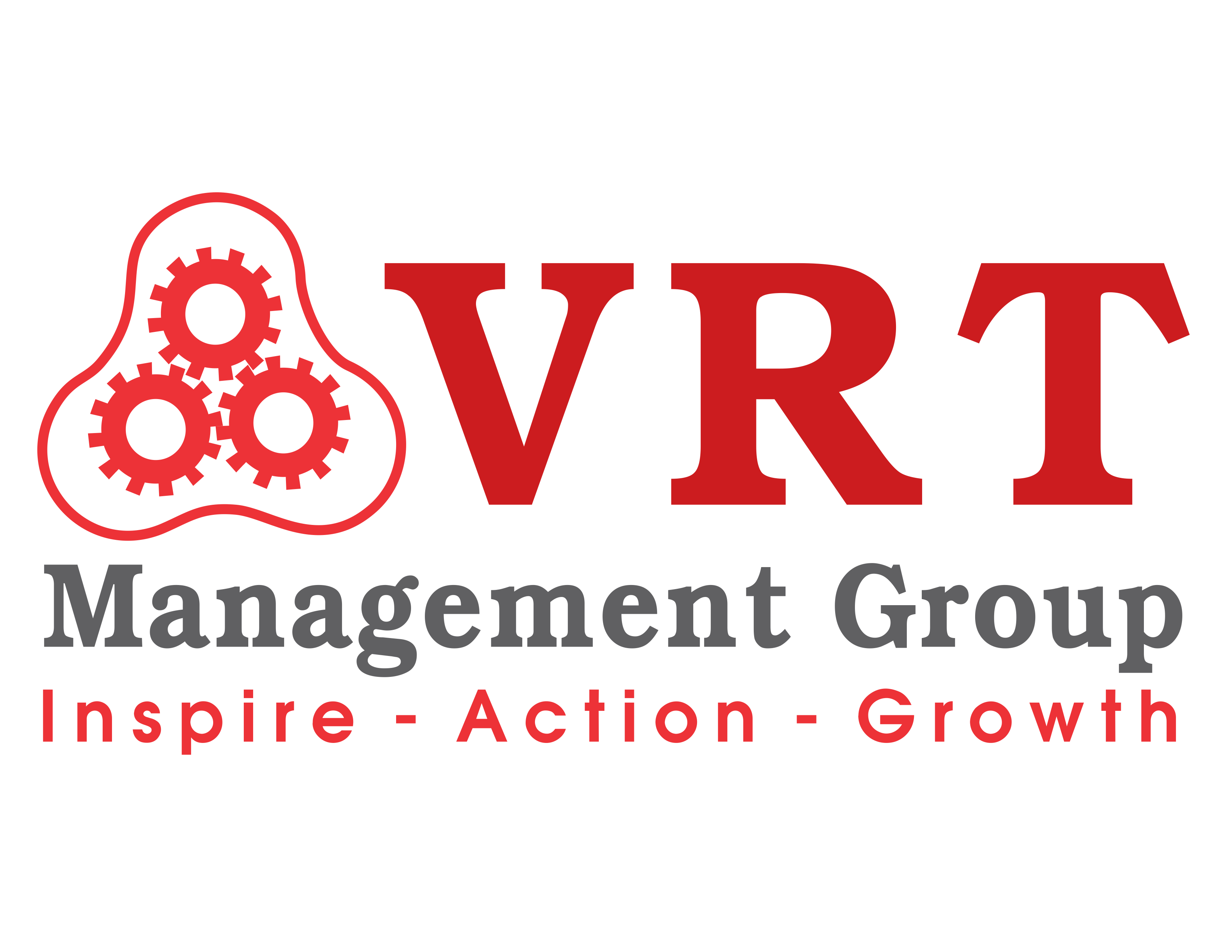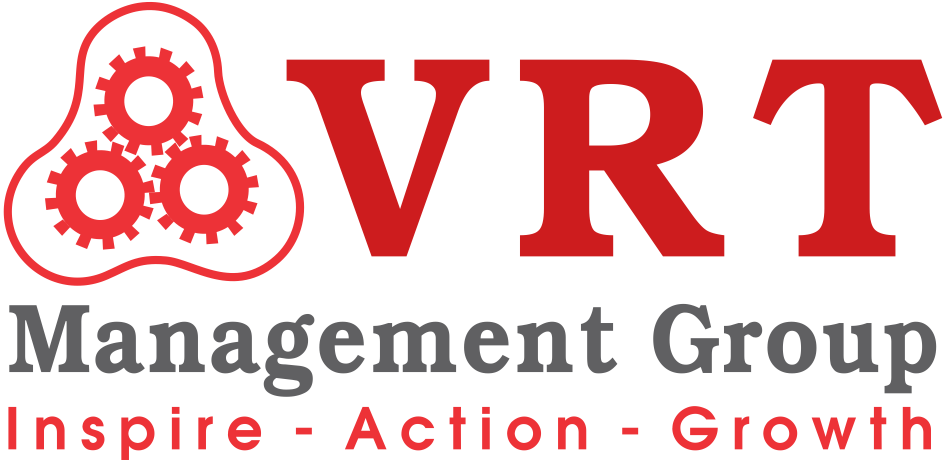
Management
by Rajesh Tedla
The Entrepreneur’s Guide to a VUCA World
Strategies for Success
Do you know what it takes to succeed as an entrepreneur in a highly dynamic and uncertain environment?
Today’s business landscape is characterized by Volatility, Uncertainty, Complexity, and Ambiguity (VUCA). Entrepreneurs who want to succeed in such an environment must adopt a different approach to business than whatever was successful in the past. This means having a clear understanding of the VUCA environment and implementing strategies that can help overcome its challenges.
Entrepreneurs often face many challenging tasks while operating their businesses in a VUCA environment. But there are certain foundational principles that entrepreneurs must remember to navigate difficult and murky situations.
- Prioritization of commitments: Entrepreneurs face a myriad of challenges and opportunities every day, and it can be easy to get overwhelmed with competing demands. That’s why prioritizing commitments is crucial for entrepreneurs to stay focused, productive, and achieve their goals. By prioritizing commitments, an entrepreneur can ensure that they allocate their time and resources effectively, and focus on activities that will have the greatest impact on their business. It can also help entrepreneurs avoid overcommitting, burnout, and decision fatigue. Prioritizing commitments can enable entrepreneurs to make better decisions, meet deadlines, and ultimately create more value for their business, employees, and customers.
- Proactive and frequent communication: Proactive and frequent communication is critical for entrepreneurs as it helps to build trust, clarity, and alignment among all stakeholders involved in the business. Regular communication allows entrepreneurs to build strong relationships with their team members, customers, partners, and other stakeholders. It fosters greater collaboration, trust, and loyalty, and enables entrepreneurs to manage expectations, set priorities, and share progress updates. Moreover, it helps entrepreneurs identify and address potential issues and risks before they become major problems. Effective communication also enables entrepreneurs to receive feedback, suggestions, and ideas from stakeholders, which can improve decision-making and lead to better business outcomes. Ultimately, proactive and frequent communication is essential for success in entrepreneurship.
- Finding the right team: Finding the right team is crucial for an entrepreneur because building a successful business requires collaboration, expertise, and dedication. A strong team can provide complementary skills, diverse perspectives, and shared goals, which can enhance creativity and problem-solving. The right team can also help entrepreneurs navigate through challenges and overcome obstacles, as well as support them in making critical business decisions. A high-performing team can also help entrepreneurs create a positive work culture that attracts and retains top talent, leading to increased productivity, efficiency, and innovation. Ultimately, finding the right team can be the difference between success and failure for an entrepreneur.
- Frequent change and adaptability: Frequent change and adaptability are essential for entrepreneurs because the business landscape is constantly evolving, and successful entrepreneurs must be able to pivot quickly and adapt to new circumstances. Being open to change and willing to experiment with new ideas can help entrepreneurs identify new opportunities, respond to customer needs, and stay ahead of competitors. Adaptability also allows entrepreneurs to learn from failures and adjust their strategies accordingly, which can lead to improved business outcomes. Additionally, being flexible and adaptable can help entrepreneurs navigate through uncertain or challenging times, such as economic downturns or unexpected disruptions. Ultimately, frequent change and adaptability are critical for entrepreneurial success in a rapidly changing world.
- Seeking support whenever necessary: Entrepreneurship can be a challenging and lonely journey, which is why seeking support whenever necessary is crucial for entrepreneurs. Having a support system can provide entrepreneurs with valuable guidance, expertise, and encouragement, as well as help them manage stress and avoid burnout. Support can come from a variety of sources, including mentors, advisors, peers, family, and friends. Seeking support can also help entrepreneurs expand their networks, gain new perspectives, and access resources that they may not have otherwise. Ultimately, seeking support can help entrepreneurs navigate through challenges and overcome obstacles, leading to greater success and fulfillment.

